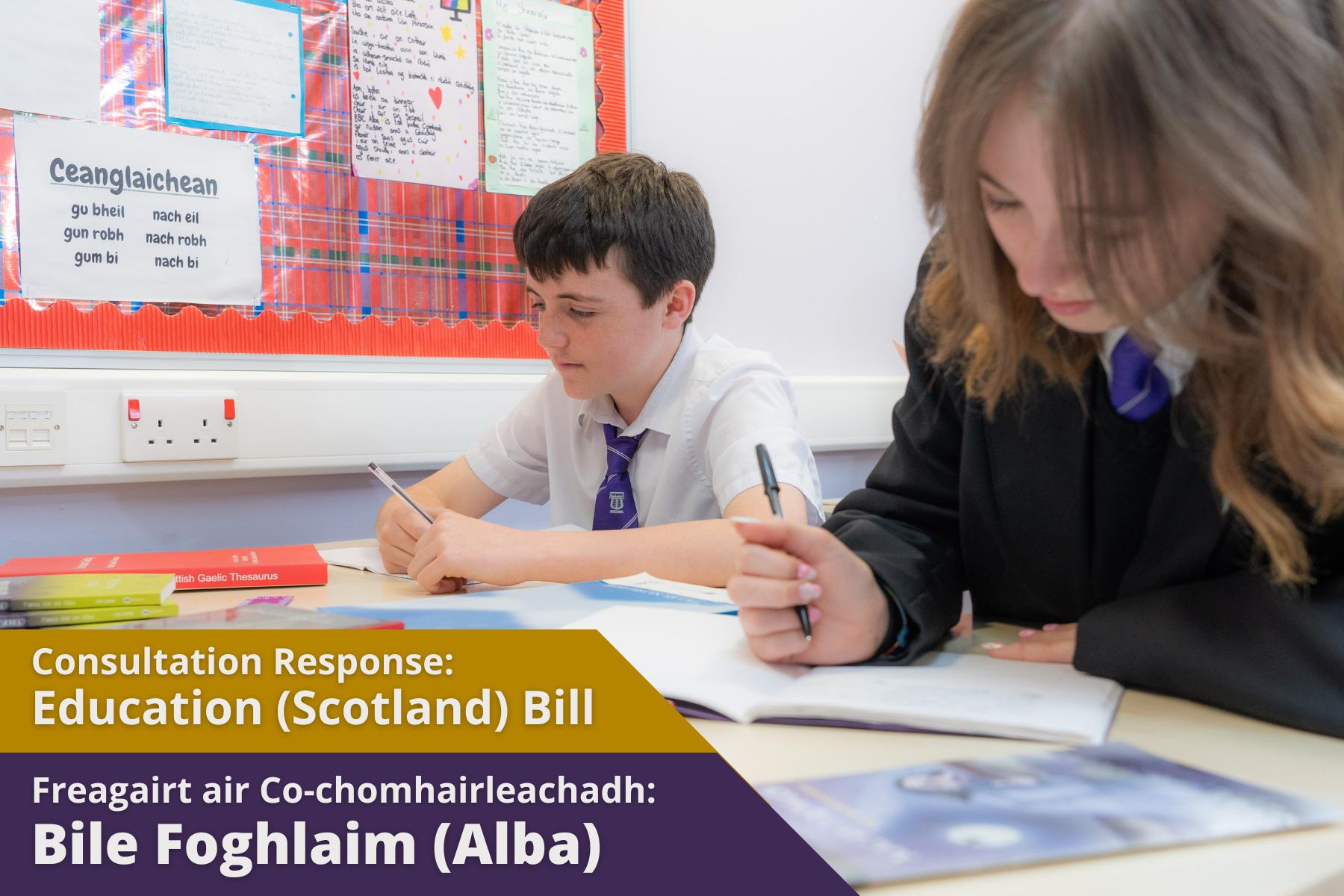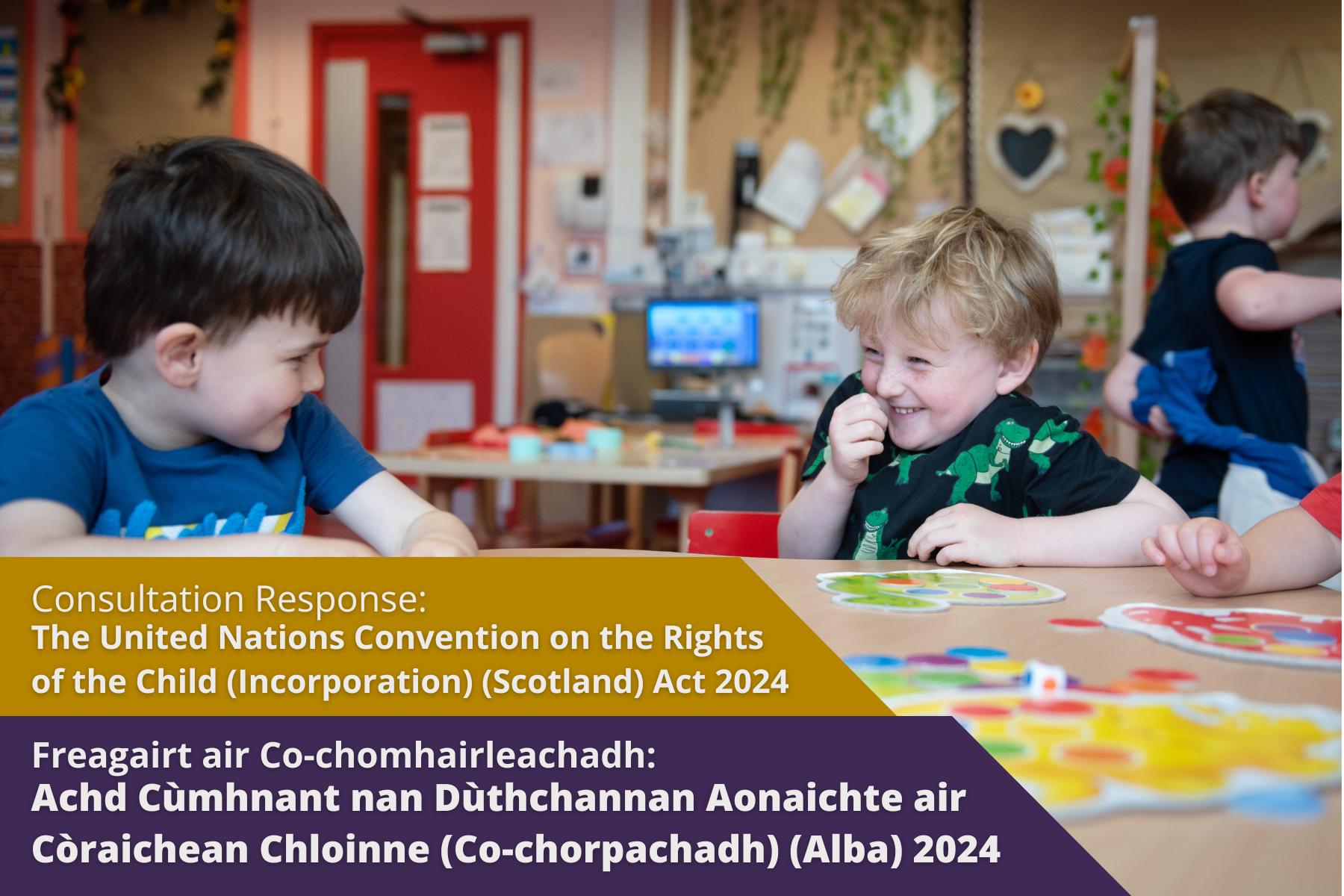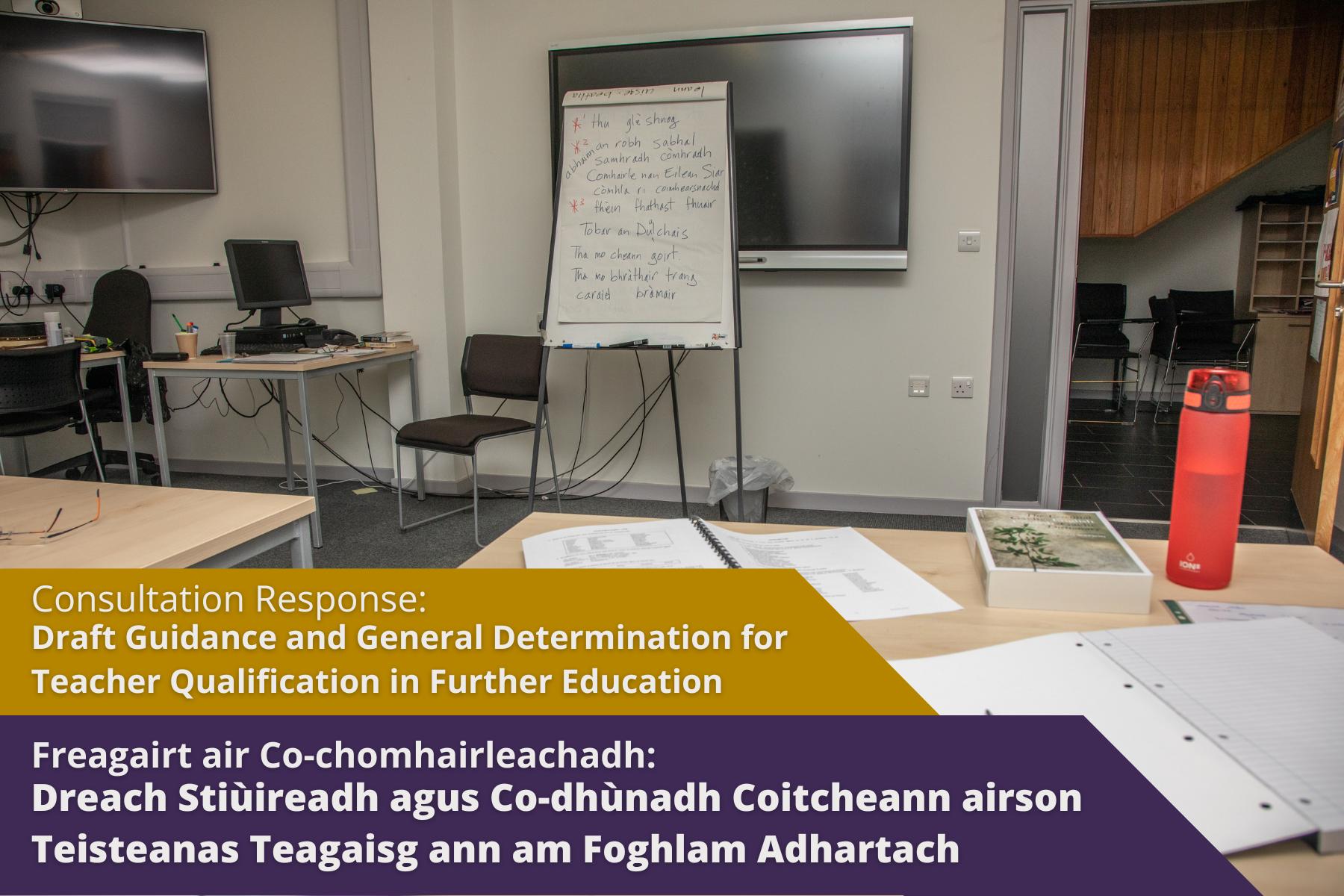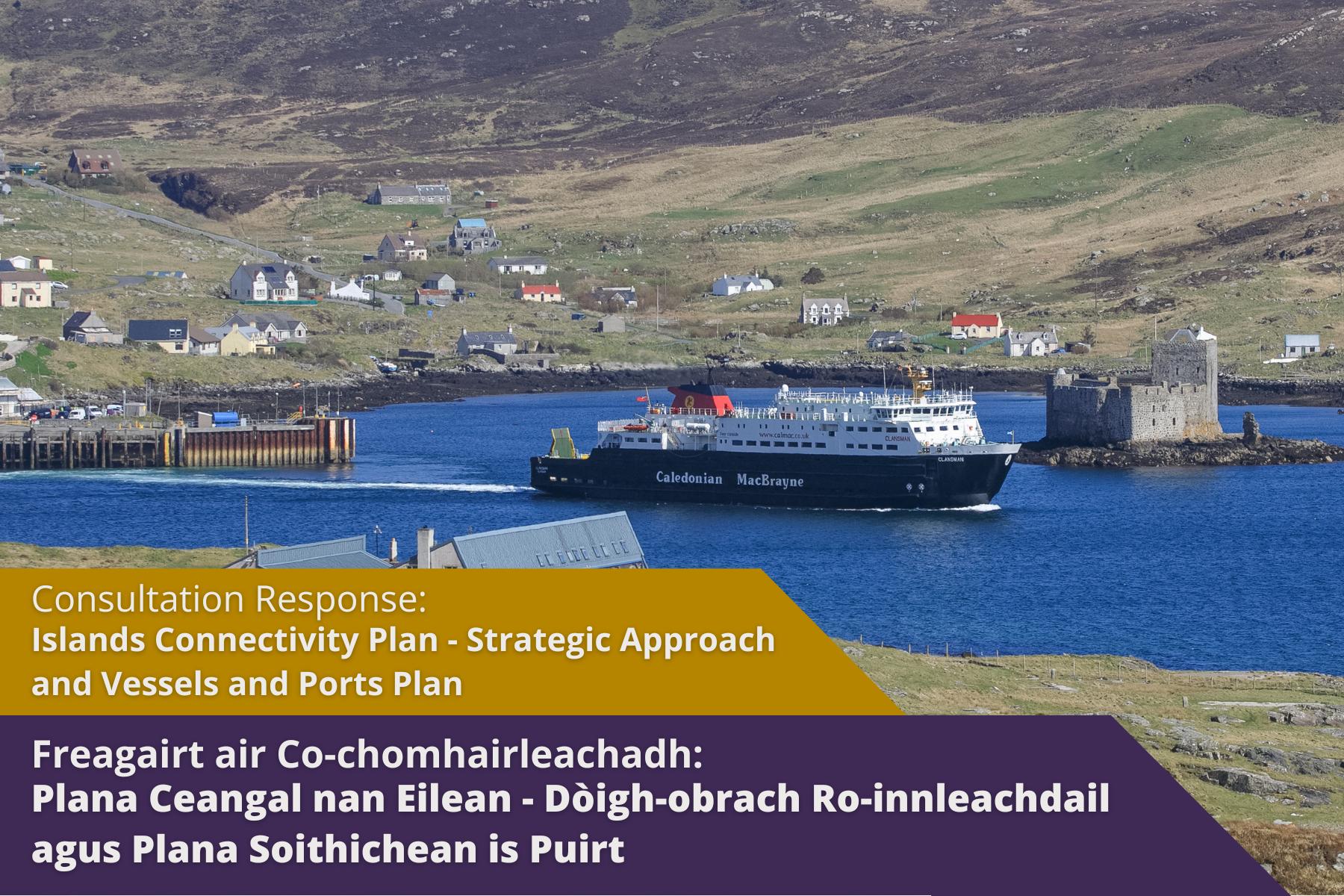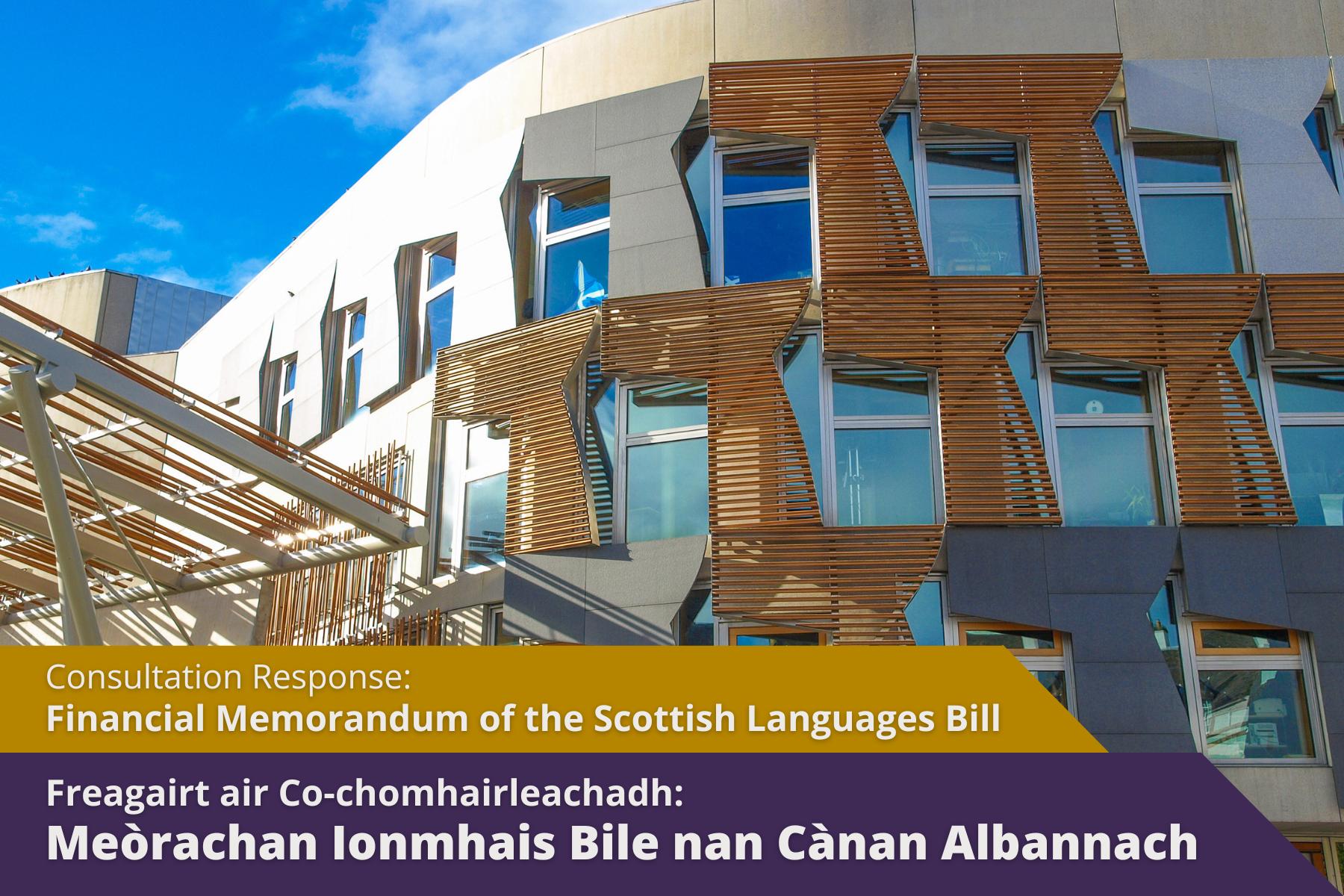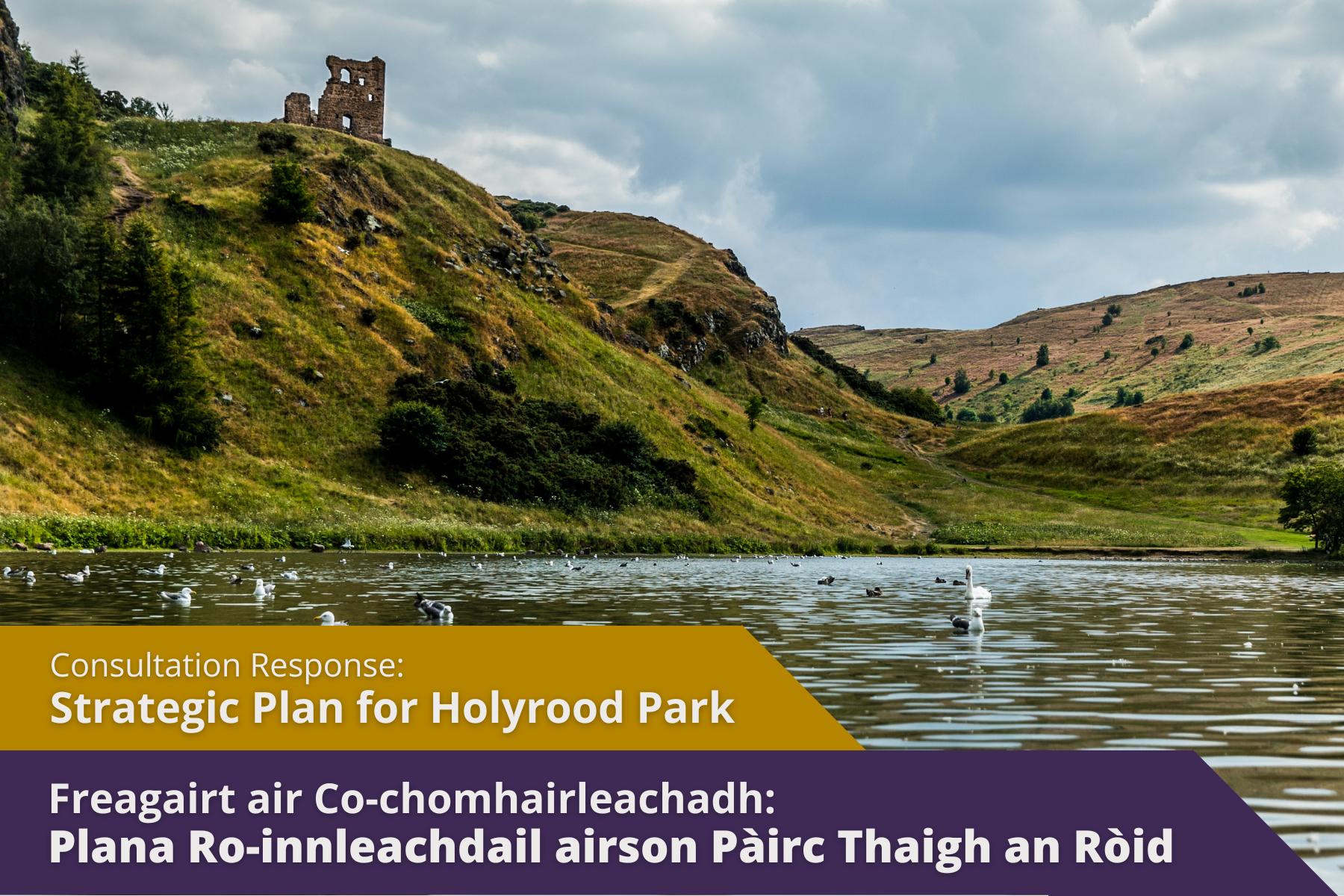Bòrd na Gàidhlig has announced an expansion to its Taic Freumhan Coimhearsnachd (Community Grants) Scheme, offering extended funding opportunities to impactful Gaelic projects. In a move to support community initiatives across Scotland, the scheme will now provide grants for up to two years – doubling the previous one-year funding period.
Taic Freumhan Coimhearsnachd is Bòrd na Gàidhlig’s primary fund for supporting organisations in delivering projects to promote and increase the usage and learning of Gaelic at community level.
Bòrd na Gàidhlig will provide an annual budget of £100,000 to allow applicants to apply for support of up to £10,000 for their projects. The scheme’s application window will open on Tuesday, November 14th and close in January 2024.
Last year, Bòrd na Gàidhlig proudly supported 64 projects through Taic Freumhan Coimhearsnachd. These included awards of £5,000 to the Western Isles Community Society, to mark the centenary of the departure of 1,500 Hebrideans to Canada, from Lochboisdale and Stornoway, and also Àrd-sgoil Phort Rìgh for its continued support to Gaelic education.
Other organisations to benefit from funding included Sabhal Mòr Ostaig, Artsplay Highland, Lingo Flamingo in Glasgow, and Alzheimer Scotland.
Mary MacInnes, Chair at Bòrd na Gàidhlig, said:
“Our organisation is dedicated to nurturing a culture of positive change and empowerment within our community. We believe that by extending the grant period to two years, we can be the catalyst for even more meaningful and lasting transformations. We invite all passionate individuals and community groups to take this opportunity and be a part of this journey with us.”
To learn more about the Taic Freumhan Coimhearsnachd grant scheme and its expanded funding opportunities, please visit the Taic Freumhan Coimhearsnachd information page or contact Bòrd na Gàidhlig at tabhartas@gaidhlig.scot.

